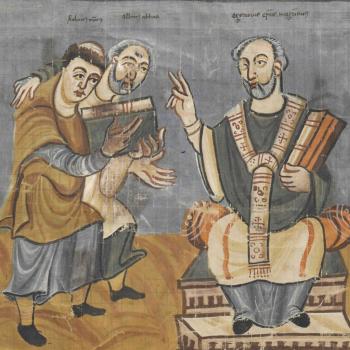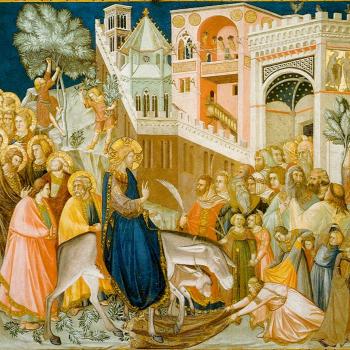Any book on Christian history by Diarmaid MacCulloch is likely to be an important contribution. I was delighted then to read news of his latest book, Silence in Christian History (London: Allen Lane, 2013. To be published in the US in September). Lucy Beckett’s review in the Times Literary Supplement is particularly full.
I stress that I am responding to these commentaries, not having yet got hold of the book.
Many years ago, the great French historians of the Annales school complained that scholars spent far too much time dealing with the elites and their wars, and very little on the crucial everyday matters. Why, they asked, did we have no histories of death, of childhood, of old age? Today, of course, we have many such endeavors. But Christian history still leaves lots of room for such grand questions, and MacCulloch explores one, in his history of Silence.
As Beckett remarks, “Silence, in ordinary life as in the story of Christianity, has a wide variety of connotations. There is the silence of mystery evoking awe, the silence of attention or respect, the silence of desolation, the silence of what is forgotten, the silence of what is concealed: silence good, bad and indifferent.” MacCulloch imaginatively explores all these, making us look for instance in new ways at moments in the Bible where individuals are told to keep silent, not to tell the world about various matters. At different times, the church has viewed silence differently – as a sign of mystical holiness, or as an alarming token of heresy and the rejection of the material world.
He also explores the silence of embarrassment and concealment, of not asking or telling about homosexuality, and the silence of church leaders in the face of tyranny and injustice.
I like the title of MacCulloch’s final section, “Reaching behind Noise in Christian History.” So is there still an opening for someone to write the history of Christian Noise?
















